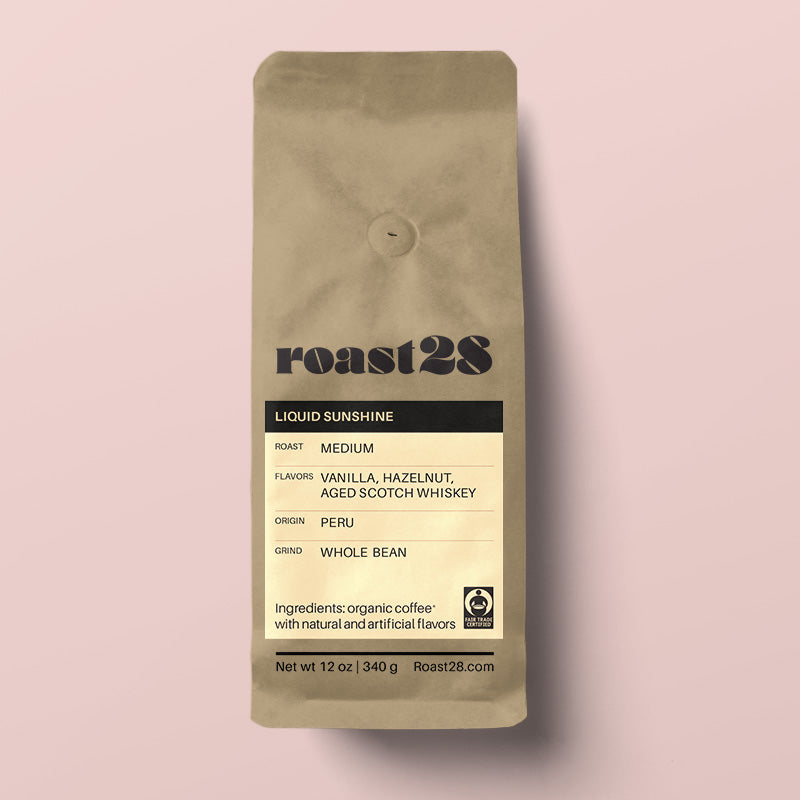Brazil is facing its worst drought in 70 years, and coffee farms are feeling the heat—literally. The dry conditions are shrinking yields and damaging crops, especially in the key coffee-growing regions of Minas Gerais and São Paulo. With less rain and rising temperatures, even well-established coffee trees are struggling to survive.

Why the market watches Brazil’s coffee fields like a hawk
Brazil is the world's largest exporter of coffee, so any change in its harvest affects global prices. Farmers are reporting lower yields for both arabica and robusta beans, which is making the market nervous. Traders are closely monitoring weather conditions and adjusting prices based on forecasts. Even minor updates on rainfall or crop health can impact what you pay at the store.

Coffee prices are climbing, but there’s still a silver lining
The drop in Brazilian supply has already pushed prices higher worldwide. This includes premium beans like USDA Organic-certified beans and Fair Trade dark roast coffee. But there’s good news: buying in bulk or switching to at-home brewing can help cut costs. With some smart planning, you can still enjoy your morning cup without breaking the bank.

Fires are making the drought even worse
Manmade fires are adding to Brazil’s climate struggles. These fires dry out soil, destroy shade trees, and push fragile ecosystems to the edge. Coffee plants need stable weather and natural shade, and fires take away both. The result is even lower yields and more pressure on farmers trying to survive this season.

How your coffee choice can make a difference
Supporting Fair Trade and Organic coffee means investing in farms that prioritize sustainability. These farms often receive higher pay, training, and weather-resistant tools. Choosing ethical coffee choices that are Fair Trade certified shows a commitment to both people and the planet. It’s a small switch with real impact.

Brew at home and support global coffee farmers
Want to enjoy premium coffee while staying socially responsible? Support coffee farmers by purchasing coffee that is Fair Trade or USDA Organic certified. If you brew at home with Roast28 coffee, every bag features Fair Trade-certified and organic dark roasts. Not only will you save money over time, but your purchase also supports farmers working through challenges like Brazil’s worst drought in decades.




